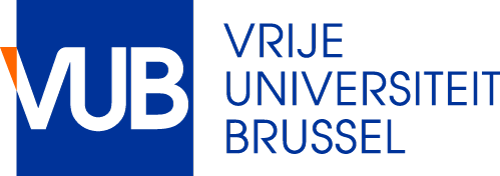Master of Science in Marine and Lacustrine Science and Management - Learning outcomes
1. Knowledge in the field of marine and lacustrine studies, advanced knowledge in one of the subdisciplines and in the interaction of the various subdisciplines within the broader field of application.
2. The ability to delineate, recognize and situate biological or geological elements in the context of the scientific domain, in particular in relation to aquatic ecosystems.
3. The ability to formulate a relevant research question concerning a complex problem in the field of marine and lacustrine studies, to develop a scientific research approach in conformity to accepted scientific methods and to bring this approach into practice.
4. The ability to formulate hypotheses concerning complex problems in the scientific domain and to evaluate them after a thorough literature study and data collection, to apply advanced knowledge of concepts, models, theories in order to solve concrete problems.
5. The ability to assume a responsible role in a pluridisciplinary team and, with overarching knowledge and insight, to develop collaboration with various sectors of society including the corporate sector (e.g. the harbour industry, tourism, fisheries, aquaculture).
6. Advanced and thorough practical skills in field research, experimental research, research in a laboratory context and in processing data, in order to solve scientific questions.
7. Advanced organisational skills in relation to research (teamwork, task division, development and logistics of a research approach).
8. Communicative skills regarding (personal) research results to specialists as well as nonspecialists, using various adapted media and formats.
9. A critical attitude with respect to the value, reliability and usefulness of non-selfgenerated data, with advanced skills in data-mining, analysis of data files, analysis of sources and literature study.
10. The ability to situate scientific problems, results of scientific research and technical views in an ethical and social perspective.
11. The ability to translate scientific views and results into a feasible and realistic management plan or to give an expertise-based contribution to a governance plan in (inter)national perspective.
12. The ability to formulate a proposal for a scientific project and to search the necessary financial resources.
13. The ability to function within an international professional environment keeping in mind the values of a multicultural society.
14. The ability to situate scientific insight, results of scientific research and technical achievements in a social perspective, against a political-historical (especially for the development-oriented finality), economical and governance-related background.
The latest version of the Learning Outcomes of the Master of Science in Marine and Lacustrine Science and Management can be found here.



